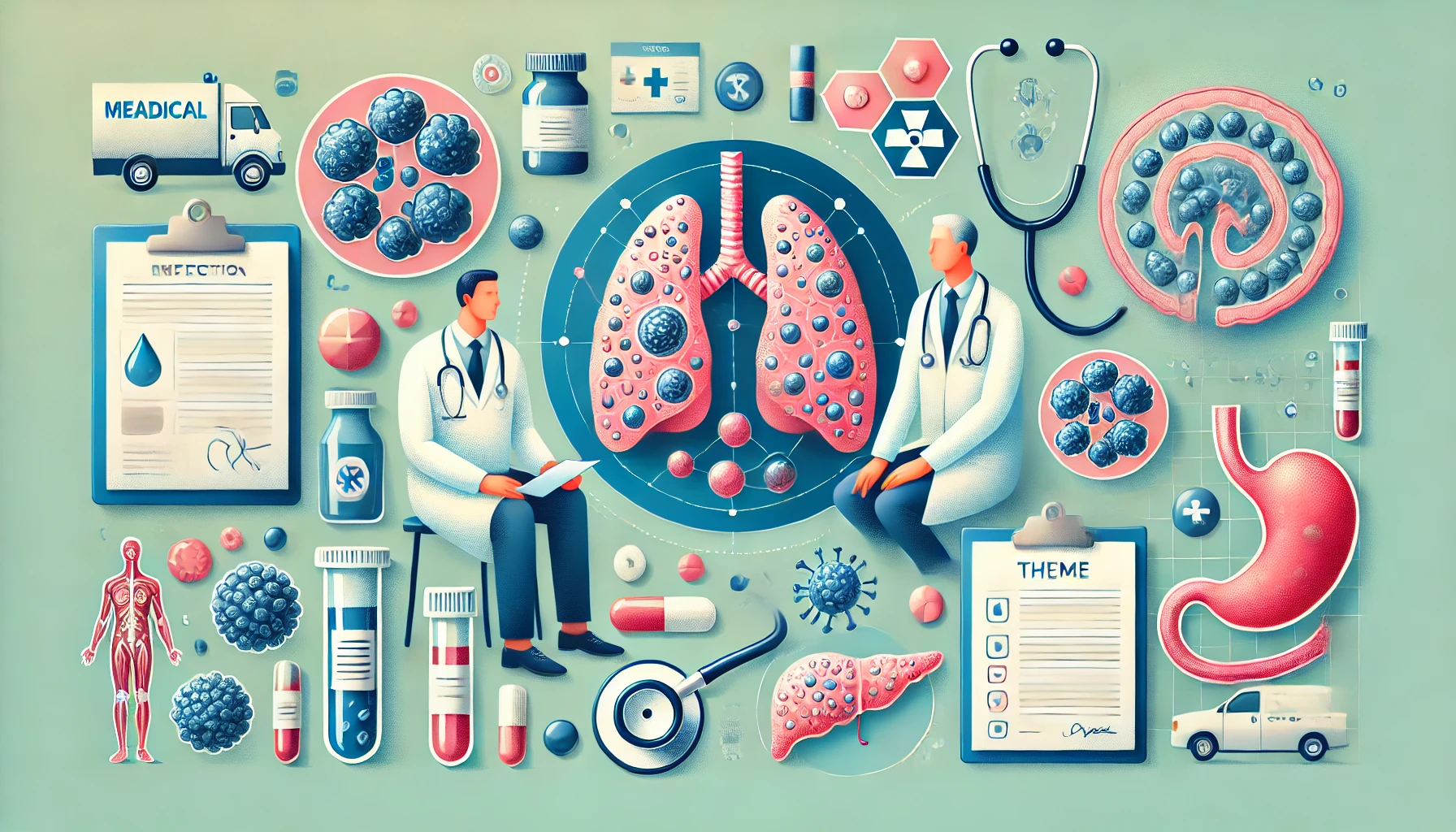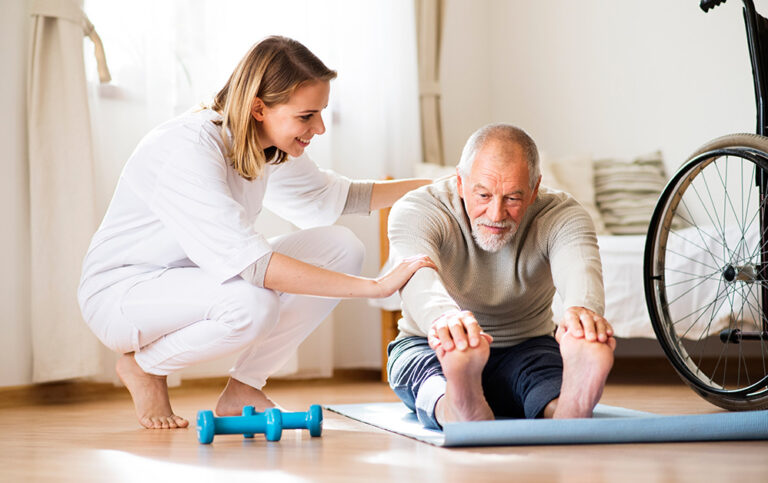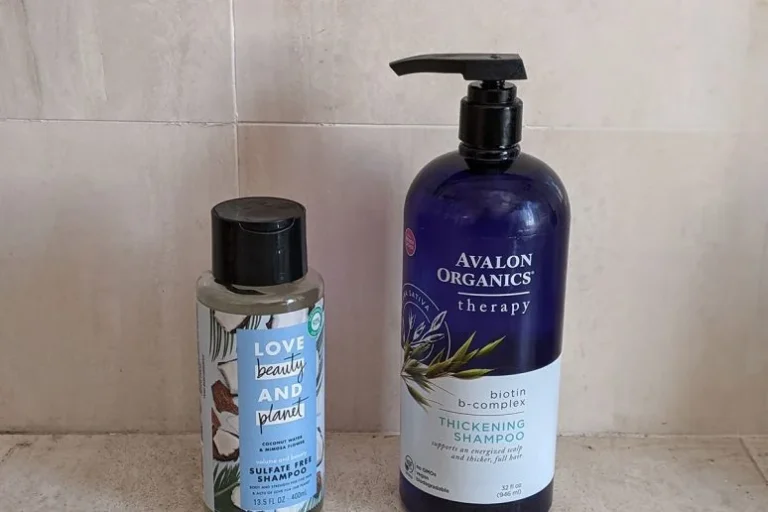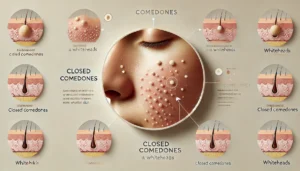- Antibiotics: For bacterial infections like strep throat or ear infections.
- Antiviral medications: For viral infections such as HIV or influenza.
- Antifungal medications: For fungal infections, especially in immunocompromised patients.
6.2. Management of Autoimmune Conditions
If an autoimmune disorder is responsible for adenopathy, treatment may include:
- Corticosteroids: Medications to reduce inflammation and suppress the immune response.
- Disease-modifying antirheumatic drugs (DMARDs): To help manage chronic autoimmune conditions like rheumatoid arthritis or lupus.
6.3. Cancer Treatment
In cases where adenopathy is caused by cancer, treatment may involve a combination of:
- Chemotherapy: Using drugs to kill cancer cells.
- Radiation therapy: Targeted radiation to shrink tumors or lymph nodes.
- Surgery: To remove cancerous lymph nodes or tumors.
6.4. Symptomatic Relief
For mild cases of adenopathy that are not linked to a serious condition, symptomatic relief may be sufficient. This can include:
- Over-the-counter pain relievers: Such as ibuprofen or acetaminophen to relieve pain and reduce fever.
- Warm compresses: To alleviate discomfort in swollen areas.
7. When to See a Doctor
While many cases of adenopathy are harmless and resolve on their own, it’s important to know when to seek medical advice. You should see a doctor if:
- The swollen lymph nodes are larger than one inch (2.5 cm) or have been present for more than two weeks.
- You experience persistent fever, night sweats, or unexplained weight loss.
- The lymph nodes are hard, fixed, or tender to the touch.
- You develop other concerning symptoms like difficulty breathing, a rash, or severe fatigue.
Prompt medical evaluation can lead to early diagnosis and treatment of serious conditions.
8. Preventive Measures for Adenopathy
While not all cases of adenopathy can be prevented, there are steps you can take to reduce your risk of infections and improve your overall health.
8.1. Good Hygiene Practices
Maintaining good hygiene can significantly lower your risk of infections that may lead to adenopathy.
- Regular handwashing: Use soap and water or hand sanitizer, especially before meals and after being in public places.
- Avoid close contact: Limit exposure to individuals who are sick or showing signs of infection.
8.2. Vaccinations
Staying up-to-date on vaccinations can help protect you from preventable diseases that may lead to adenopathy.
- Flu vaccine: Reduces the risk of influenza, which can cause swollen lymph nodes.
- COVID-19 vaccine: Protects against COVID-19 infections and potential complications.
8.3. Healthy Lifestyle Choices
Adopting a healthy lifestyle can strengthen your immune system and reduce the risk of infections.
- Balanced diet: Eat a variety of fruits, vegetables, whole grains, and lean proteins to support immune health.
- Regular exercise: Engage in physical activity for at least 150 minutes each week.
- Adequate sleep: Aim for 7-9 hours of sleep each night to allow your body to recover and maintain immunity.
8.4. Limit Stress
Chronic stress can weaken your immune system, making you more susceptible to infections. Practice stress-reducing techniques such as meditation, yoga, or spending time in nature.
9. Living with Adenopathy
If you have been diagnosed with adenopathy, understanding the condition and how to manage it can improve your quality of life. Here are some tips for living with adenopathy:
9.1. Follow Your Doctor’s Advice
Adhere to the treatment plan recommended by your healthcare provider. Regular follow-ups may be necessary to monitor your condition and response to treatment.
9.2. Educate Yourself
Learn about your specific condition, including potential triggers and signs of worsening symptoms. Knowledge empowers you to make informed decisions about your health.
9.3. Support Systems
Consider joining support groups or speaking with others who have experienced similar health issues. Sharing experiences can provide emotional support and helpful tips.
9.4. Stay Positive
Focus on maintaining a positive outlook. Engaging in hobbies, connecting with friends and family, and practicing mindfulness can improve your mental well-being during challenging times.
10. Conclusion
Adenopathy, or swollen lymph nodes, is a condition that can signal various underlying health issues, from simple infections to more serious diseases like cancer. Understanding adenopathy, its causes, symptoms, and treatment options is crucial for early diagnosis and effective management. By maintaining good hygiene, living a healthy lifestyle, and seeking medical advice when necessary, you can reduce your risk of developing adenopathy and improve your overall health. If you experience persistent swelling of lymph nodes or any other concerning symptoms, don’t hesitate to consult a healthcare professional for guidance.













